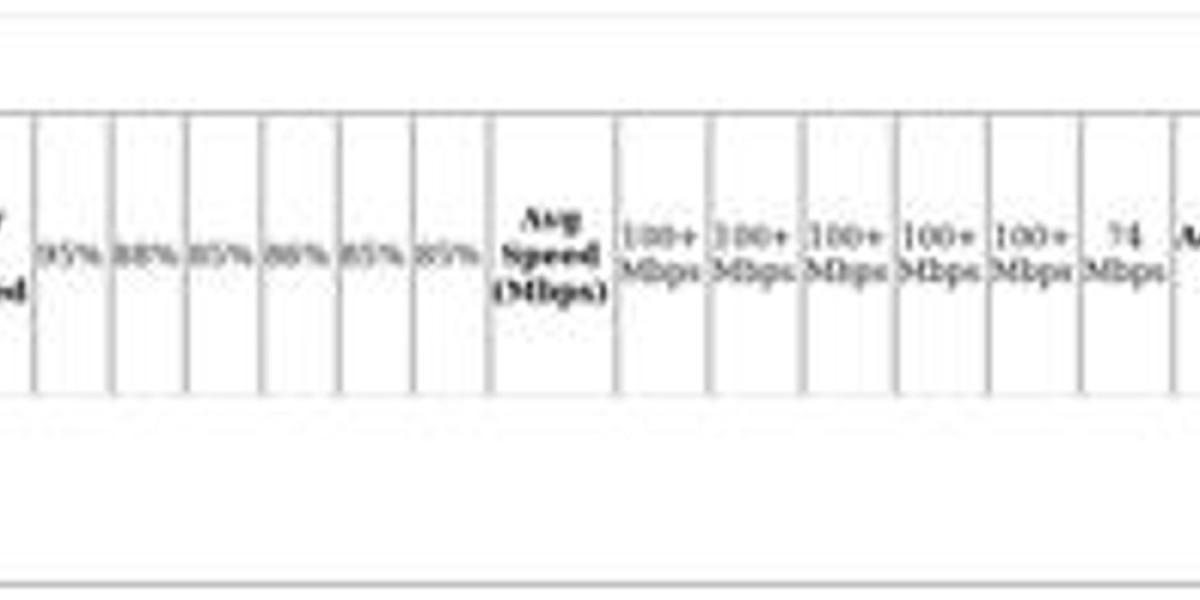Investors in India often explore exchange-traded funds (ETFs), index funds, and mutual funds to achieve potential long-term growth. While these investment vehicles share similarities, understanding their differences can help in selecting a portfolio that aligns with financial goals and risk appetite.
Exchange-traded funds (ETFs)
ETFs are investment funds that trade on stock exchanges like individual stocks. They typically track a specific index or sector and can be bought or sold during market hours. ETFs provide the potential for returns similar to the underlying index and allow for intraday trading flexibility. Investors should be mindful of brokerage fees and market liquidity, as these can influence overall growth potential.
Index funds
Index funds are a type of mutual fund that aims to replicate the performance of a specific market index. Unlike ETFs, index funds are generally purchased at the end-of-day net asset value (NAV) rather than intraday prices. They offer potential returns that closely track the performance of the chosen index and provide diversification across multiple securities, reducing exposure to individual stock risk.
Mutual funds
Mutual funds are professionally managed investment portfolios that pool money from multiple investors to invest in equities, debt, or hybrid instruments. Unlike ETFs or index funds, actively managed mutual funds aim to generate returns that may exceed market indices through strategic stock selection. They have the potential for growth depending on market conditions and the expertise of the fund manager.
Key considerations
- Investment horizon: ETFs and index funds may suit long-term investors seeking market-linked growth, while actively managed mutual funds can be considered for potential higher returns with an understanding of risk.
- Diversification: All three instruments provide diversification, but mutual funds and index funds offer structured asset allocation.
- Liquidity: ETFs offer intraday liquidity, while mutual funds and index funds are generally bought and sold at daily NAV.
Investors looking for professionally managed investment options may consider schemes offered by Bajaj Finserv mutual fund, which provide access to equity, debt, and hybrid categories. Consulting a financial planner or investment advisor can help align investment choices with personal risk tolerance and financial objectives.
Mutual Fund investments are subject to market risks, read all scheme related documents carefully.



